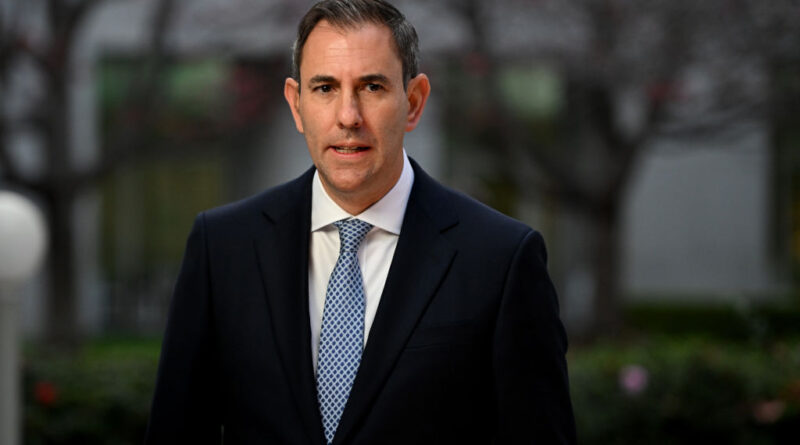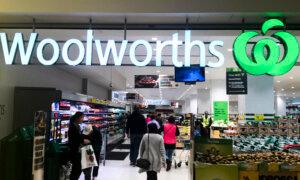How Would Breaking Up Supermarket Giants Impact the Economy?
‘If supermarkets were forced to sell, would they be allowed to sell to another major competitor?’
The Albanese government has shown little interest in implementing measures to break up large supermarket corporations, as Treasurer Jim Chalmers has raised concerns about this approach.
Mr. Chalmers criticized the lack of specifics in the Coalition’s plan.
“If you made supermarkets sell, are they allowed to sell to another big rival? Does it mean they close down more stores in local communities? And does that mean less competition rather than more competition in local communities?” he queried on July 3.
Mr. Chalmers highlighted the measures already taken by the Albanese government to address competition issues.
“We’ve significantly increased the penalties for supermarkets engaging in misconduct.
“We have a wide range of competition policies in our economy and supermarket sector.”
A Measure of Last Resort
Coalition leader Peter Dutton described the divestiture proposal as a “last resort” to address issues of price manipulation and competition.
Complaints about unfair pricing, unfair agreements with farmers, and alleged land hoarding by major supermarkets during the current cost of living crisis have prompted calls for action.
“Currently, there is a significant market share concentration among the two major companies, Coles and Woolies, in Australia,” asserted Mr. Dutton.
The move was a strong statement of support for consumers and farmers, Mr. Dutton added.
Nationals leader David Littleproud pointed out that the three largest supermarkets in Australia—Woolworths, Coles, and Aldi—control approximately 74 percent of the market share.
“In the UK and U.S., the top three supermarkets control around 30 to 40 percent of the market. We have a high market concentration, and we are hearing distressing accounts from farmers mistreated by supermarkets,” he stated.
While the UK and United States share similar pasts, their consumer markets differ significantly from Australia’s in terms of population and geographic size.
Introducing a New Supermarket Oversight Body
Under the Coalition’s plan, the Australian Competition and Consumer Commission will have the authority to impose fines of up to $2 million, a significant increase from the current $187,800 limit.
A new role of Supermarket Commissioner will be established to address complaints from farmers and suppliers and mediate between the involved parties.
Shadow Treasurer Angus Taylor emphasized the importance of finding a balanced approach.
“There are important safeguards we are including in this initiative to ensure that the balance is maintained and to distinguish it from other proposals that have been circulating,” he explained.
“We have a private sector economy in Australia, not a centrally controlled economy like the old Soviet Union,” he noted in an interview with the ABC.
“So, we need to be cautious with the language we use. Our focus should be on implementing effective competition measures, which is also being examined by the ACCC. And that is what we aim to do.”





